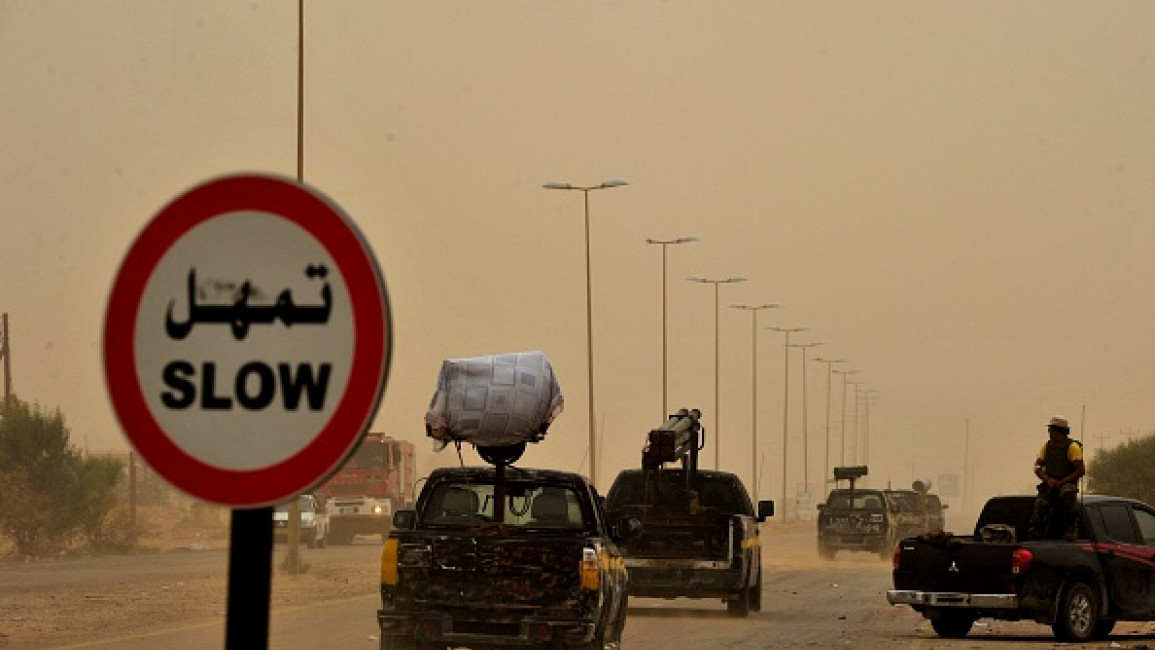Libya:UN envoy voices concern over election deal
UN envoy Abdoulaye Bathily said Monday that a deal between Libyan rival camps over long-delayed elections contained "politically contested issues" that could spark a new crisis in the divided country, the AFP reports.
Presidential and parliamentary elections were due to be held in Libya in December 2021 but were never organised as differences between rival administrations persisted on key issues including who should be allowed to stand.
Last week, both sides agreed on the legal steps to hold the elections following talks in Morocco, but stopped short of signing a deal, suggesting that some differences remain.
Bathily listed four of what he said were "the most politically contested issues" in a report to the UN Security Council, which was also published by his office.
The main stumbling block he identified was "the eligibility criteria for candidates for the presidential election".
That and a "linkage between presidential and parliamentary elections, and the issue of forming a new unified government are highly contentious and require, first and foremost, a political agreement among the major stakeholders and key constituencies across the Libyan political spectrum.
"Short of this, related provisions in the laws would surely remain unimplementable and might even trigger a new crisis," he added.
He urged Libyan decision-makers to act "in a spirit of compromise" and strike a political agreement to ensure "buy-in and inclusion of all major stakeholders".
Libya has been torn by more than a decade of stop-start conflict since a NATO-backed revolt toppled strongman Moamer Kadhafi in 2011, with a myriad of militias forming opposing alliances backed by foreign powers.
The country remains split between a nominally interim government in Tripoli in the west, and another in the east backed by military strongman Khalifa Haftar.
Haftar also hold US citizenship, and his detractors accuse him of seeking to restore military dictatorship in Libya.
The United Nations was hoping that the elections could take place before the end of the year and has been working to help iron out the sticking points.



